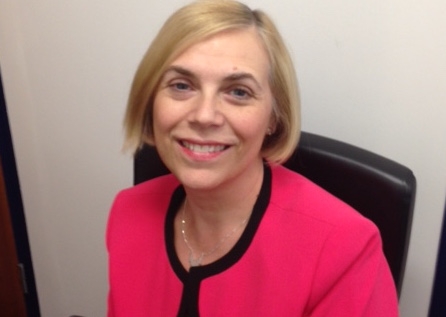It seems as if the SIPP sector has been waiting for the judgments on a number of court cases in recent years. As we get clarity on one, we still await another and these can have implications for not only how a SIPP firm operates, but on advisers and their clients.
One of the most recent cases, known as the Staveley case, received its final Supreme Court judgement last month after six years of hearings and appeals.
The Staveley case looked at ill health and if Mrs Staveley, who had had an acrimonious divorce, created an inheritance tax liability by transferring from a section 32 policy to a personal pension while terminally ill.
The final ruling found that the transfer did not create a transfer of value and provides some reassurance over issues regarding expressions of wishes.
The background to this case was that Mrs Staveley and her husband had set up a company, and she had a pension fund with the company’s occupational scheme. This fund was transferred to another pension scheme when she and her husband divorced.
It is a sad case, as in December 2006, Mrs Staveley died. The transfer to a personal pension was motivated by Mrs Staveley’s desire to ensure that her ex-husband did not benefit from the return to the company of any surplus in the fund.
She did not take any pension benefits during her life and, in those circumstances, death benefit was payable under the PPP. Mrs Staveley nominated her two sons as beneficiaries of the death benefit and after her death, the death benefit was paid to them.
HMRC felt that inheritance tax was due on the death benefit as both the transfer of funds from the S32 into the PPP, and as Mrs Staveley didn’t draw any benefits from the personal pension before her death, they would be considered lifetime transfers of value.
The Supreme Court were not all in agreement on this final judgment but did partially allow the appeal, confirming that the omission to take any benefits from the personal pension gave rise to an inheritance tax charge, but that the transfer did not.
This is because the transfer had not been motivated by any intention to improve Mrs Staveley’s sons’ financial position, but rather to stop her ex-husband from benefitting from her death.
Key to this case was the fact that she had not changed who her beneficiaries were and that was evidenced by the fact that she didn’t change her Expression of Wishes form, that stayed the same throughout the transfer process and while she was in ill health.
It is reassuring that we now have some clarity but it does highlight the need for good advice when a situation is so complex and it potentially could have saved the family years of litigation.
Elaine is a director of DP Pensions, which provides management services for SIPPs and SSASs. She has worked in financial services for over 30 years and held a number of senior roles in the self-administered pension sector. She was involved for many years with the Association of Pensioneer Trustees (APT), the SIPP Provider Group (SPG) and the Association of Member-directed Pension Schemes (AMPs).
This email address is being protected from spambots. You need JavaScript enabled to view it. www.dapco.co.uk

